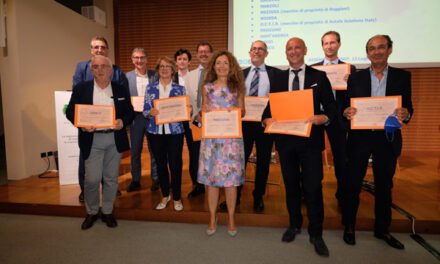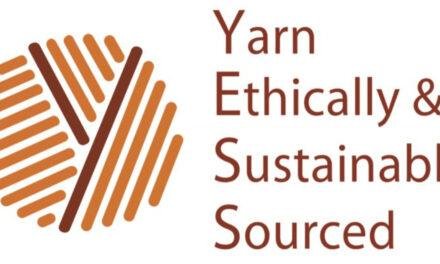 Danish biological solutions provider Novozymes has launched a new product, Fiberlife, which it says will extend the lifespan of manmade cellulosic fibers (MMCF) including viscose, modal and lyocell.
Danish biological solutions provider Novozymes has launched a new product, Fiberlife, which it says will extend the lifespan of manmade cellulosic fibers (MMCF) including viscose, modal and lyocell.
Fiberlife offers ‘biopolishing’ for MMCF – the world’s third most used textile after polyester and cotton – which is said to enhance the quality of fabrics by making them look new for longer. Novozymes developed biopolishing for cotton many years ago but has now found a way to offer it for MMCF to help address quality issues such as the fabrics developing fuzz and pills after only a few washes.
Biopolishing uses enzymes to remove loose fibre ends, leaving a clean, new-looking surface which is said to last for at least 60 washes. Novozymes says it can also improve print quality in daily wash and wear.
“With Fiberlife, MMCF fabrics are given the wash and wear durability that consumers demand, prolonging the time the garments look and feel new. This is a better solution for the fashion and broader textile industry, consumers and the planet,” said Dina Lipp, Global Marketing Manager at Novozymes.
The company claims its use of biodegradable enzymes also increases sustainability and circularity, by reducing the use of both water and chemicals during the production of MMCF as well as making clothes last for longer.
Novozymes global business development manager Pedro Loureiro added: “At Novozymes, we want to create forward-thinking solutions for the textile and fashion industry.
“That is why we have been working intensively on making MMCF biopolishing possible for viscose, modal and lyocell. We see a big potential for textile manufacturers to extend the longevity of MMCF fabrics, ultimately offering consumers longer lasting garments made of fibres from nature.”





















